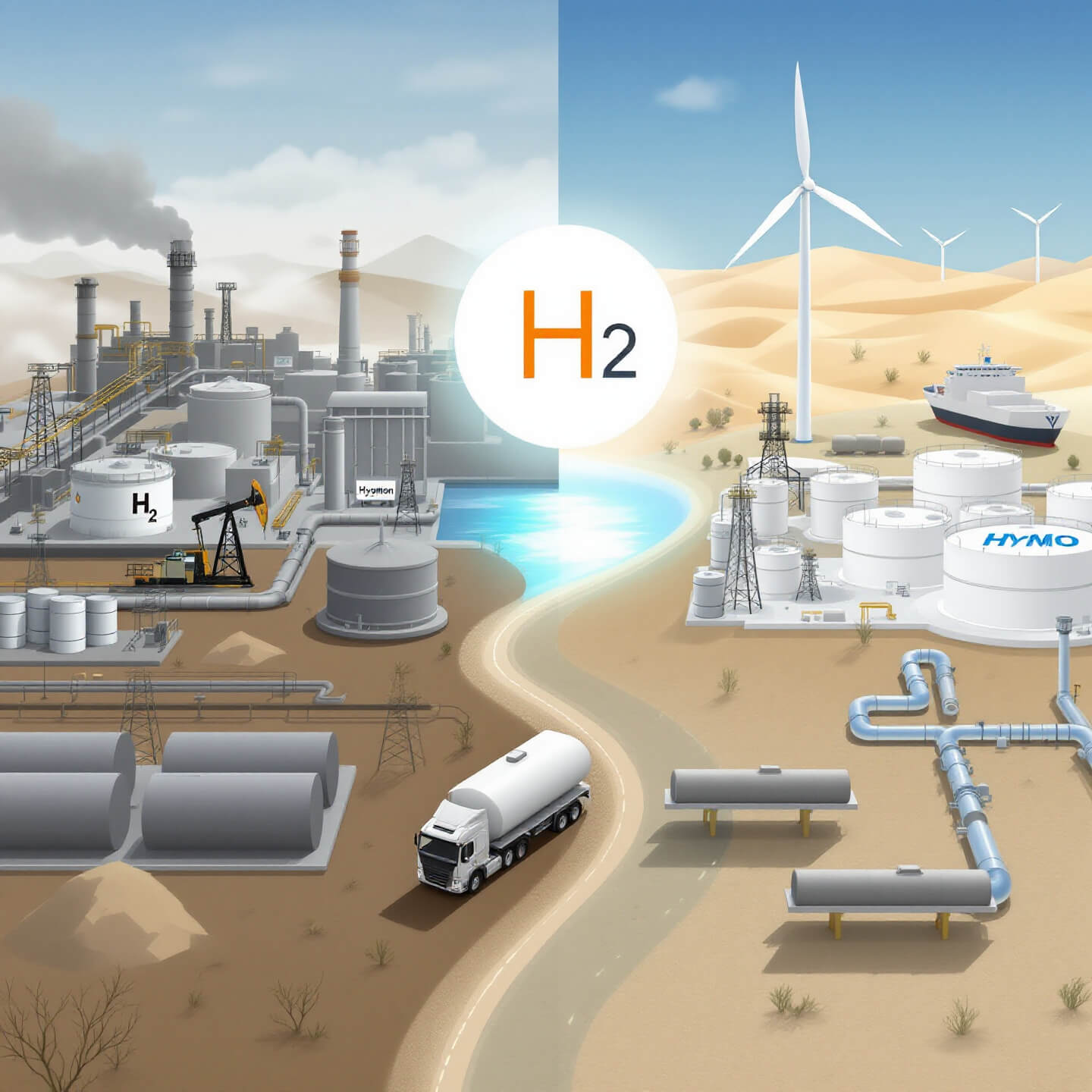
The global energy landscape is undergoing a significant transformation. As concerns about climate change and environmental sustainability intensify, the quest for cleaner energy sources has never been more urgent. Among the alternatives, hydrogen energy stands out as a promising solution poised to revolutionize the industry. For the oil and gas sector, this shift presents not just challenges but also a wealth of opportunities for diversification and enhanced sustainability.
Hydrogen, the most abundant element in the universe, has the potential to become a cornerstone of a sustainable energy future. When used as a fuel, hydrogen produces only water vapor, making it an attractive option for reducing greenhouse gas emissions. The concept of a hydrogen economy revolves around using hydrogen as a low-carbon energy carrier to replace fossil fuels in various applications, from transportation to power generation.
Hydrogen production methods are categorized based on their carbon footprint:
Understanding these distinctions is crucial for the oil and gas industry as it navigates the transition towards cleaner energy.
The global demand for hydrogen is on the rise, driven by ambitious climate targets and technological advancements. According to the International Energy Agency (IEA), hydrogen demand could increase tenfold by 2050. Governments worldwide are investing in hydrogen research and infrastructure:
These developments signal a significant shift in the global energy paradigm, highlighting hydrogen’s potential as a key player in decarbonization efforts.
The rise of hydrogen presents a strategic opportunity for the oil and gas industry to adapt and thrive in a changing energy landscape.
Oil and gas companies possess extensive experience in handling gases and managing large-scale infrastructure projects. This expertise is transferable to hydrogen production, storage, and distribution. Pipelines, storage facilities, and processing plants can be retrofitted or repurposed for hydrogen, reducing the need for entirely new infrastructure investments.
By embracing hydrogen, oil and gas companies can diversify their energy portfolios, reducing dependence on traditional fossil fuels. This diversification opens up new revenue streams and markets, particularly in sectors that are hard to electrify, such as heavy industry and long-haul transportation.
Investing in blue hydrogen allows companies to utilize natural gas resources while reducing carbon emissions through CCS technologies. Simultaneously, venturing into green hydrogen aligns with global sustainability goals and positions companies at the forefront of renewable energy innovation.
Adopting hydrogen contributes to the industry’s decarbonization efforts, improving environmental performance. This shift can enhance corporate reputation, meet investor expectations on sustainability, and comply with increasingly stringent environmental regulations.
While the opportunities are significant, the transition to a hydrogen economy is not without challenges.
To capitalize on hydrogen opportunities, the oil and gas industry should adopt strategic measures:
Forming alliances with technology companies, renewable energy firms, and governments can accelerate innovation and deployment of hydrogen technologies. Collaborative efforts can lead to shared investments and risk mitigation.
Allocating resources to R&D can drive technological breakthroughs, improving efficiency and reducing costs. Focus areas include advanced electrolyzer technologies, fuel cells, and CCS.
Active engagement with policymakers can help shape favorable regulations and incentives for hydrogen development. Advocacy for supportive policies can accelerate infrastructure projects and market acceptance.
Investing in training and development ensures the workforce is equipped with the necessary skills for hydrogen technologies, aiding in a smooth transition.
Several oil and gas companies are already making significant strides in the hydrogen arena:
These initiatives demonstrate the industry’s commitment to embracing hydrogen as a vital component of the future energy mix.
The integration of hydrogen into the energy sector represents a transformative opportunity for the oil and gas industry. By leveraging existing strengths and investing in new technologies, companies can position themselves at the forefront of the energy transition.
Embracing hydrogen allows the industry to balance economic performance with environmental responsibility. The potential for new markets and revenue streams aligns with global sustainability objectives, creating a win-win scenario.
Success in the hydrogen economy requires a long-term vision and commitment. Companies must be willing to navigate uncertainties and invest today for future gains.
The rise of hydrogen is reshaping the global energy landscape, offering a pathway towards a more sustainable and diversified energy future. For the oil and gas industry, this transition presents not only challenges but also significant opportunities to innovate and lead. By embracing hydrogen, the industry can play a crucial role in the global decarbonization efforts, ensuring its relevance and competitiveness in the years to come.